Just In
- 7 hrs ago

- 7 hrs ago

- 11 hrs ago

- 18 hrs ago

Don't Miss
- Sports
 PAK vs NZ Dream11 2nd T20I: Playing 11, Squads, Fantasy Tips & Best Picks
PAK vs NZ Dream11 2nd T20I: Playing 11, Squads, Fantasy Tips & Best Picks - Movies
 Bade Miyan Chote Miyan Box Office Collection Day 10 Prediction: Akshay’s Film To See Hike During 2nd Weekend
Bade Miyan Chote Miyan Box Office Collection Day 10 Prediction: Akshay’s Film To See Hike During 2nd Weekend - Finance
 2:1 Bonus Issue: IT Penny Stock Turned; 1,600 Shares Market Lot Size Revised To 4,800 Shares
2:1 Bonus Issue: IT Penny Stock Turned; 1,600 Shares Market Lot Size Revised To 4,800 Shares - News
 Chinese President Xi Jinping Orders Biggest Military Reorganisation Since 2015
Chinese President Xi Jinping Orders Biggest Military Reorganisation Since 2015 - Education
 Exam Pressure Does Not Exist; Studying Punctually is Crucial; Says Aditi, the PSEB 2024 Topper
Exam Pressure Does Not Exist; Studying Punctually is Crucial; Says Aditi, the PSEB 2024 Topper - Automobiles
 Suzuki Swift Hatchback Scores 4 Star Safety Rating At JNCAP – ADAS, New Engine & More
Suzuki Swift Hatchback Scores 4 Star Safety Rating At JNCAP – ADAS, New Engine & More - Technology
 Dell Introduces AI-Powered Laptops and Mobile Workstations for Enterprises in India
Dell Introduces AI-Powered Laptops and Mobile Workstations for Enterprises in India - Travel
 Journey From Delhi To Ooty: Top Transport Options And Attractions
Journey From Delhi To Ooty: Top Transport Options And Attractions
11 Common Mistakes You Must Avoid On A Vegetarian Diet
The vegetarian diet has gained much popularity in recent times; from Bollywood celebrities to famous sportspersons everyone is switching to a vegetarian diet for a healthier lifestyle. And the reason they are turning vegetarians is because of the fact that the vegetarian diet offers several health benefits which includes reducing the risk of heart disease, controlling blood sugar levels, and helping in weight management and so on [1].

Studies have shown that healthy eating may be best achieved with a vegetarian diet, which encourages the consumption of whole, plant-based foods and discourages the consumption of meat, eggs, dairy products, refined and processed foods [2].
If you are planning to adopt a vegetarian diet, you need to ensure that you are getting adequate nutrients so that your body doesn't have a deficiency in certain nutrients. In this article, we've listed down the most common mistakes that you should avoid while following the vegetarian diet. Take a look.
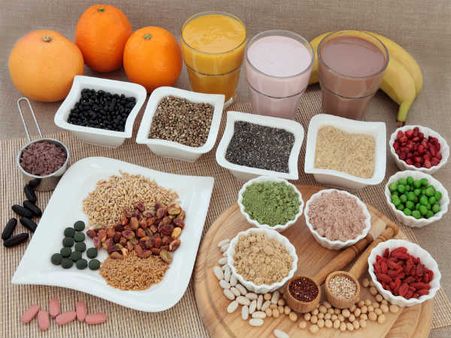
1. Not eating enough protein
Protein is an essential macronutrient required by the body for building and repairing tissues, making enzymes and hormones. Many who follow a vegetarian diet do not include enough amounts of protein-rich foods into their diet. Consuming protein-rich foods will increase muscle mass, keep you feeling fuller for longer and reduce cravings. There are plenty of plant foods high in protein that will help you meet your protein requirements. These plant-based foods include lentils, nuts and seeds, beans, nut butters, mushroom and green peas. Try incorporating at least more than one of these foods in each meal [3].

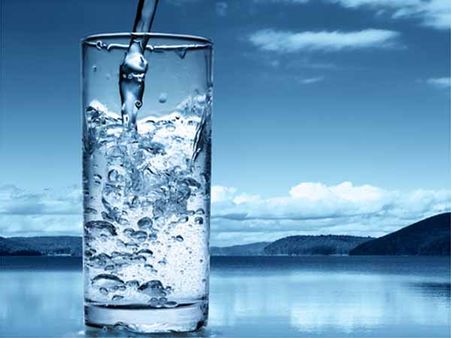
2. Not drinking enough water
If you are following the vegetarian diet, you should drink plenty of water throughout the day. The vegetarian diet includes high fibre intake and drinking ample amounts of water can help in better digestion and aid the fibre move smoothly through the digestive tract, thus preventing bloating, gas and constipation.
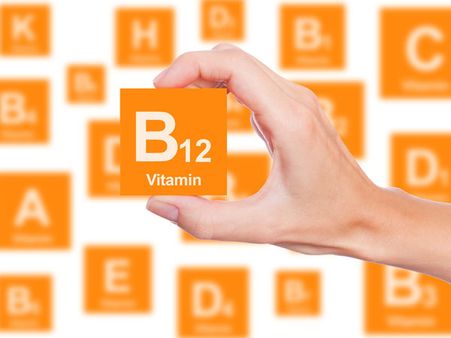
3. Less intake of vitamin B12
Vitamin B12 is needed by the body for the synthesis of DNA and for cellular energy production. Vitamin B12 is mainly found in animal-based foods such as meat, poultry, eggs, shellfish and dairy.
Since, there are very few vegetarian food sources of vitamin B12, vegetarians have a higher risk of vitamin B12 deficiency and a deficiency in this vitamin causes fatigue and memory problems. So to lower the risk of vitamin B12 deficiency, you can include nutritional yeast, mushrooms and some algae into your diet as they contain vitamin B12 [4].

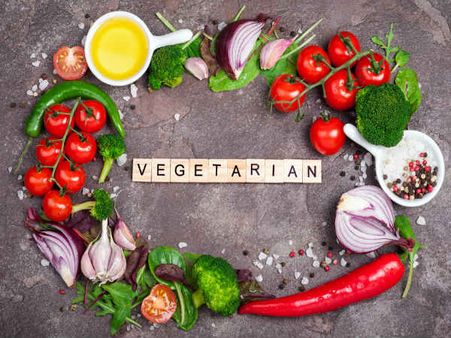
4. Consuming few calories
Calories are the primary source of energy for the body and the body requires a certain amount of it to function. Consuming too few calories can lead to a deficiency in nutrients and a slow metabolism. Make sure to meet your daily calorie needs by adding more fresh fruits and vegetables into your diet [5].
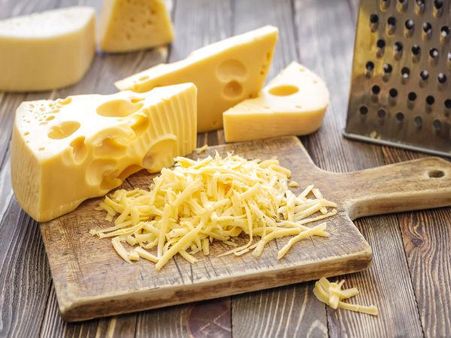
5. Swapping meat with cheese
Since the vegetarian diet doesn't include meat, most vegetarians swap meat with cheese to add in various kinds of dishes such as pasta, salad and sandwiches. Although cheese contains a significant amount of protein, vitamins and minerals, it can't replace the nutrients found in meat. Instead of replacing meat with cheese, incorporate other plant-based foods that could be used as a replacement for meat such as chickpeas, lentils, beans and quinoa.
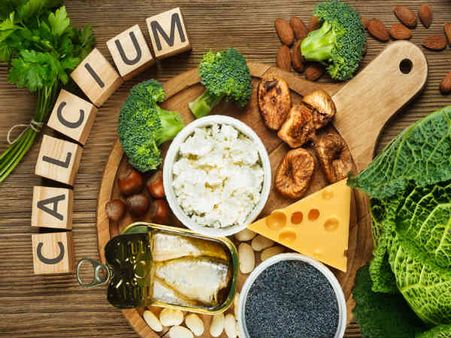
6. Not consuming enough calcium-rich foods
Calcium is an important mineral required to keep your bones healthy and strong, promote the functioning of the nervous system and aid in proper working of the muscles and cells. A deficiency in calcium can lead to osteoporosis and osteopenia [6]. Dairy products are high in calcium and those who don't consume dairy products should get their calcium intake from other plant-based foods such as broccoli, bok choy, almonds, kale, oranges and other fortified foods as they are good sources of calcium.
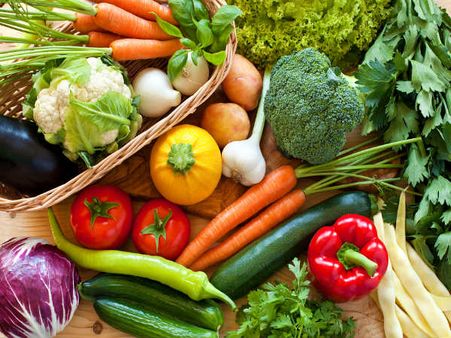
7. Not eating enough iron-rich foods
Meat is a very good source of iron, specifically heme iron, a type of iron which your body can absorb easily. And plant foods such as fruits, vegetables, beans and fortified cereals contain non-heme iron, which your body can't absorb easily. This leads to an increased risk of iron-deficiency anaemia among vegetarians. So, ensure that you eat plenty of beans, lentils, fruits, veggies, fortified cereals, nuts and seeds to increase the intake of iron [7].
In addition, try pairing iron-rich foods with foods rich in vitamin C because vitamin C increases the absorption of iron in the body[8].

8. Eating less whole foods
Consuming less whole foods increases the risk of nutrient deficiencies and when you are following the vegetarian diet, you need to make sure that you get enough amounts of essential vitamins and minerals. Increasing the intake of whole foods will help you get enough vitamins and minerals, so start adding more whole foods such as fruits, vegetables, legumes, whole grains nuts and seeds into your diet.
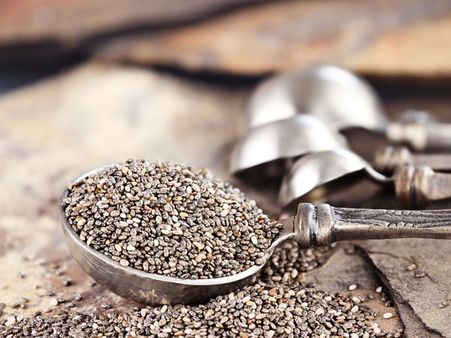
9. Not consuming omega 3 fats
Omega 3 fatty acids provide several health benefits, which includes lowering triglycerides, improving heart health, lowering blood pressure and supporting cognitive function [9]. Fatty fishes and fish oil contain DHA and EPA, the two types of omega 3 fats which are considered most beneficial for the body, whereas, plant-based foods contain ALA, a type of omega 3 fat that needs to get converted to DHA and EPA for the body to use. However, your body is only able to convert less amounts of ALA into DHA and EPA.
To meet your omega 3 fatty acids requirement, increase the intake of plant-based food sources rich in ALA omega 3 fatty acids like walnuts, chia seeds, hemp seeds, Brussels sprouts and flaxseeds.
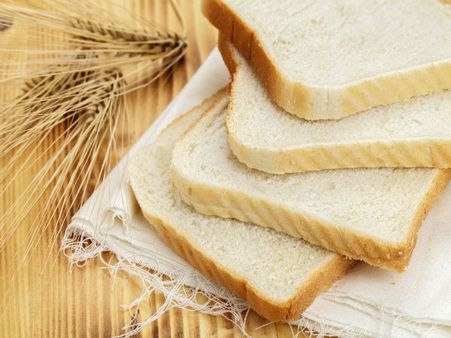
10. Consuming more refined carbohydrates
Refined carbohydrates such as pasta, pastries, white flour, white bread and white rice are stripped of all bran, fibre and other nutrients. To get the most of fibre and other nutrients, switch to whole grains as they have the bran, fibre and other nutrients intact.

11. Not planning your meals properly
When you are turning into a vegetarian, you need some extra meal planning to help you maintain a balanced and nutritious diet. As there are limited food choices for vegetarians, you need to prepare a meal plan that includes what you should be eating throughout the week. Planning a meal beforehand will help you decide what foods you should eat, help you add more nutrients into your diet and help you make the right food choices. Choose simple vegetarian recipes every week and prepare them at home.
Common FAQs
Q. What can you not eat if you are a vegetarian?
A. If you are a vegetarian you can't eat meat, fish, eggs and dairy.
Q. Why do vegetarians need to be careful of their diet?
A. Vegetarians need to be careful of their diet because since they have limited food options, they have to eat nutrient-dense foods to prevent nutrient deficiencies.
Q. Which foods would a vegetarian have to eat more and why?
A. Vegetarians need to eat more of whole, plant-based foods such as fruits, vegetable, whole grains, legumes, nut butters, nuts and seeds to prevent nutrient deficiencies.
-
 diet fitnessMalaika Arora's Diet; What Are The Benefits Of A Vegetarian Diet?
diet fitnessMalaika Arora's Diet; What Are The Benefits Of A Vegetarian Diet? -
 diet fitnessWhat Happens To Your Body When You Stop Eating Meat? Tips To Reduce Meat Consumption
diet fitnessWhat Happens To Your Body When You Stop Eating Meat? Tips To Reduce Meat Consumption -
 wellnessWho Is A Pescatarian? Benefits Of A Pescatarian Diet, Its Drawbacks, What To Eat And Other Details
wellnessWho Is A Pescatarian? Benefits Of A Pescatarian Diet, Its Drawbacks, What To Eat And Other Details -
 nutritionIndian Vegetarian Diet Plan For PCOS Women
nutritionIndian Vegetarian Diet Plan For PCOS Women -
 newsVegetarian Diet During Pregnancy Can Lead To Substance Abuse In Offspring
newsVegetarian Diet During Pregnancy Can Lead To Substance Abuse In Offspring -
 wellnessBenefits Of Being A Vegetarian
wellnessBenefits Of Being A Vegetarian -
 diet fitnessIs Vegan Jain Diet Healthy?
diet fitnessIs Vegan Jain Diet Healthy? -
 diet fitnessNuts
diet fitnessNuts -
 diet fitnessSoy And Soy Products
diet fitnessSoy And Soy Products -
 diet fitnessMilk And Milk Products
diet fitnessMilk And Milk Products -
 diet fitnessLentils And Kidney Beans
diet fitnessLentils And Kidney Beans -
 diet fitnessProtein Rich Vegetarian Foods
diet fitnessProtein Rich Vegetarian Foods


 Click it and Unblock the Notifications
Click it and Unblock the Notifications




